According to the document Get Azure AD tokens for service principals:
curl -X POST -H 'Content-Type: application/x-www-form-urlencoded' \
https://login.microsoftonline.com/<tenant-id>/oauth2/v2.0/token \
-d 'client_id=<client-id>' \
-d 'grant_type=client_credentials' \
-d 'scope=2ff814a6-3304-4ab8-85cb-cd0e6f879c1d%2F.default' \
-d 'client_secret=<client-secret>'
Now, I could get the correct output,like:
The Azure AD access token is in the access_token value within the output of the call.
What I want is that I need the get the value of the access_token and set it to the variable, so that I could use it in next REST API scripts.
But I'm not very familiar with Bash and curl, can anyone offer advice?
